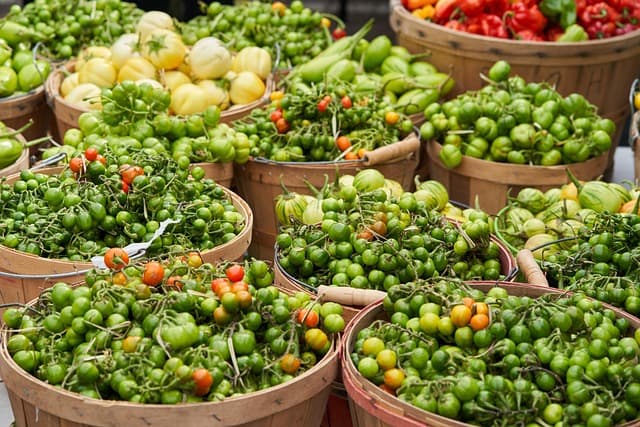Local organic food production plays a key role in ensuring sustainable development of society, protecting the environment and supporting regional economies. Here are the main aspects of its importance:
Environmental sustainability
Organic food production without the use of synthetic fertilizers, pesticides and GMOs reduces the negative impact on soil, water and biodiversity. Local production reduces transportation costs and CO₂ emissions, reducing the ecological footprint of food.
Supporting public health
Organic foods do not contain artificial additives, chemical pesticides and antibiotics, which reduces the risk of developing chronic diseases.
Consumption of fresh, local products retains more vitamins and nutrients.
Economic development of the regions
Supporting local farmers helps to create jobs and develop agriculture. The proceeds stay in the community, which strengthens the local economy.
Ensuring food security
Local production reduces dependence on imported products, which is especially important in times of crisis. The diversity of local varieties and types of crops helps to adapt to climate change.
Preservation of traditions and culture
Growing organic food contributes to the revival of traditional farming and crafts. Promoting local products helps to preserve the gastronomic culture and identity of the region.
Conclusion
The development of local organic food production is not only a step towards a healthier diet, but also a contribution to environmental safety, economic stability and sustainable development of society. By supporting local producers, we contribute to our health, the well-being of the community and the preservation of nature.
